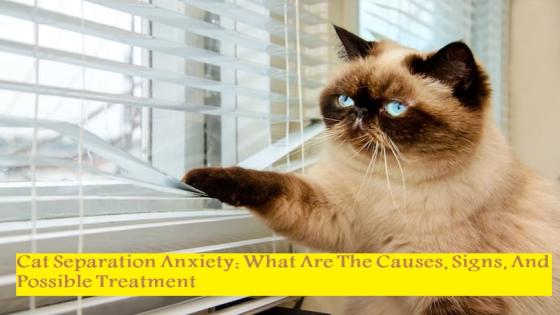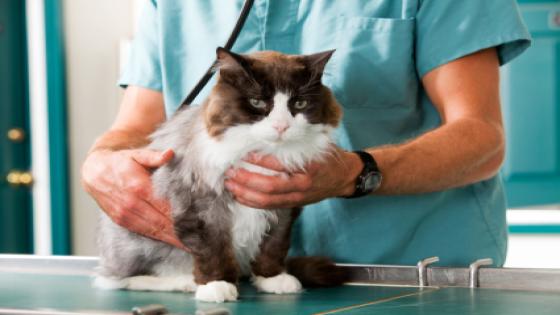Cat Separation Anxiety: What Are The Causes, Signs, And Possible Treatment?
Cat Separation Anxiety: What Are The Causes, Signs, And Possible Treatment?
stranger anxiety
While the analysis into cat separation anxiety is simply within the early stages of understanding, several are noticing the signs.
I will retell the story of my two cats, Bubba and Charlie.
Charlie was my future wife’s cat of four years.
Some 6 years ago, when we moved in together, Charlie was aloof and avoided me, at least at first. Once she realized I was here to stay, she started accepting me. At first, a bit stand-offish, but slowly accepting me to the point that she’d lay on my lap to the dismay of my wife. My work at the time was on the road, with periods of time at home.
We before long noticed that after I was away, Charlie would groom herself excessively, to the point of creating a bald spot on her flank.
When I was home, the excessive grooming would stop. On my retirement, the only time we were away was every two weeks, my wife had to return to the hospital she worked for to do their payroll.
We would be away for 2 -3 days every 2 weeks. On our return, we would find that Charlie had vomited all around the house, and on our bed. The reason we know this, once on arrival at home, we walked in on her vomiting. As soon as we brought out our suitcases to pack for our trip, Charlie would hide away, under the bed, the sofa, or under the dining table to avoid us.
Bubba, on the other hand, was a stray that I adopted about a year after I had moved in, my best guess was that he was about a year old. It took a while but Charlie and Bubba became good buddies.
The only sign with him was on our come he wouldn’t allow us to out of sight.
If you went to the bathroom, he had to also be there.
He would walk with Maine, rubbing up against me, to the extent as to almost trip me.
In doing analysis, these are all signs of separation anxiety in cats.
Speculation of the cause vary from genetic to environmental factors being concerned.
Some say being parentless or being weaned early might dispose the event of separation anxiety.
As this subject gets more study, there might be more information garnered.
Things to do are subjective. The first thing would be to have the veterinarian do a complete physical to make sure the behavior is not caused by some underlying physical problem. This will maybe involve blood work, urinalysis, thyroid testing, or a blood pressure check.
Some other suggestions embrace creating the time of departure less trying by creating changes within the traditional routine.
Some specialists recommend that for quarter-hour before deed and upon come home, the owner should ignore the cat.
Leaving a distracting toy can be helpful.
Someone prompt concealment tasty treats in varied places within the house.
Making the environment more stimulating may help.
A cat tower with toys hooked up close to a window may facilitate.
Sometimes they just enjoy seeing what’s going on outside.
Some specialists have declared that in some things the short use of anti-anxiety medications is also required.
You must be aware that these are not labeled specifically for use in cats and should / must be prescribed and monitored by your veterinarian.
In the future research should be able to give us more information about the cause and treatment of separation anxiety in cats and make life better for our little feline friends.
For the best pet supplies visit us at: [https://www.en.almofed.com]


